Dean John Colet of St Paul's —— Humanism and Reform in Early Tudor England
----- 圣保禄 约翰克雷特院长:早期英国都铎王朝人文主义及变革
An important and original biography of John Colet, the leading humanist theologian in early Tudor England and founder of St Paul's School in London. Taken at face value, the facts of John Colet's life appear to portray a successful, humanist clerical reformer, active in London on the eve of the English Reformation. Born in 1467 into a wealthy background, he absorbed many humanist ideas while travelling in Italy and enjoyed a successful career in the Church before in 1505 he became Dean of St. Paul's Cathedral. There he attempted a series of reforms and, in 1509, established his famous school, which still exists. In fact, as a cleric, John Colet was neither successful nor a reformer, nor were the reforms he attempted particularly welcome. His greatest achievement, and lasting legacy, was the foundation of his school. Thus, in the sphere of Christian humanist education, Colet was a success. He also achieved some fame at Court as a regular preacher, as a royal councillor and as Wolsey's ally. However, in all his dealings, Colet considered the spiritual life to be of paramount importance and his ultimate aim was the deification of sinful humanity, not just for a few exceptional individuals, but for the entire Church. In this respect, Colet's ecclesiastical vision did not effect any significant change in the early sixteenth-century Church, although it nevertheless pointed to the possibility of a more spiritual, unified and holy Church.Colet was a passionate and pious man who does not fall easily into any historical, intellectual or ecclesiastical category. He was not part of a humanist club, but he was a humanist; he was not a proto-Protestant, but he was critical of the Church; he was not a Lollard, but he was suspected of heresy; he was not an Oxford reformer, but he was, for a time, an Oxford intellectual; most importantly, he was not a reformer who actually changed things, although he dearly wished to be. Ultimately, Colet escapes identification with any other set of contemporaneous idealists because his vision was his own. This study offers a timely re-assessment of the life of a complex religious figure of pre-Reformation England.
{{comment.content}}
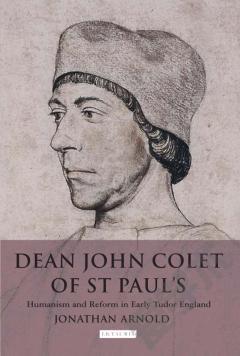
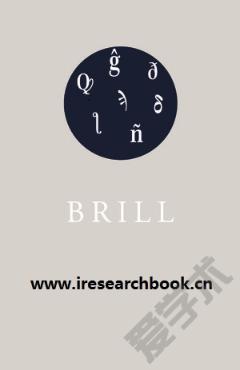
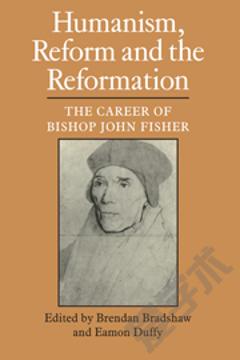
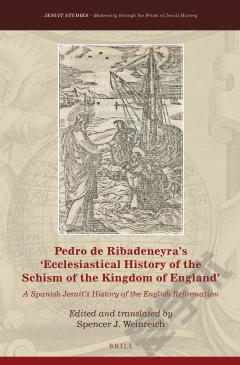


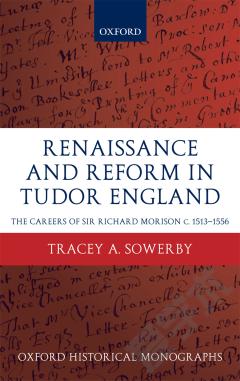

 京公网安备 11010802027623号
京公网安备 11010802027623号